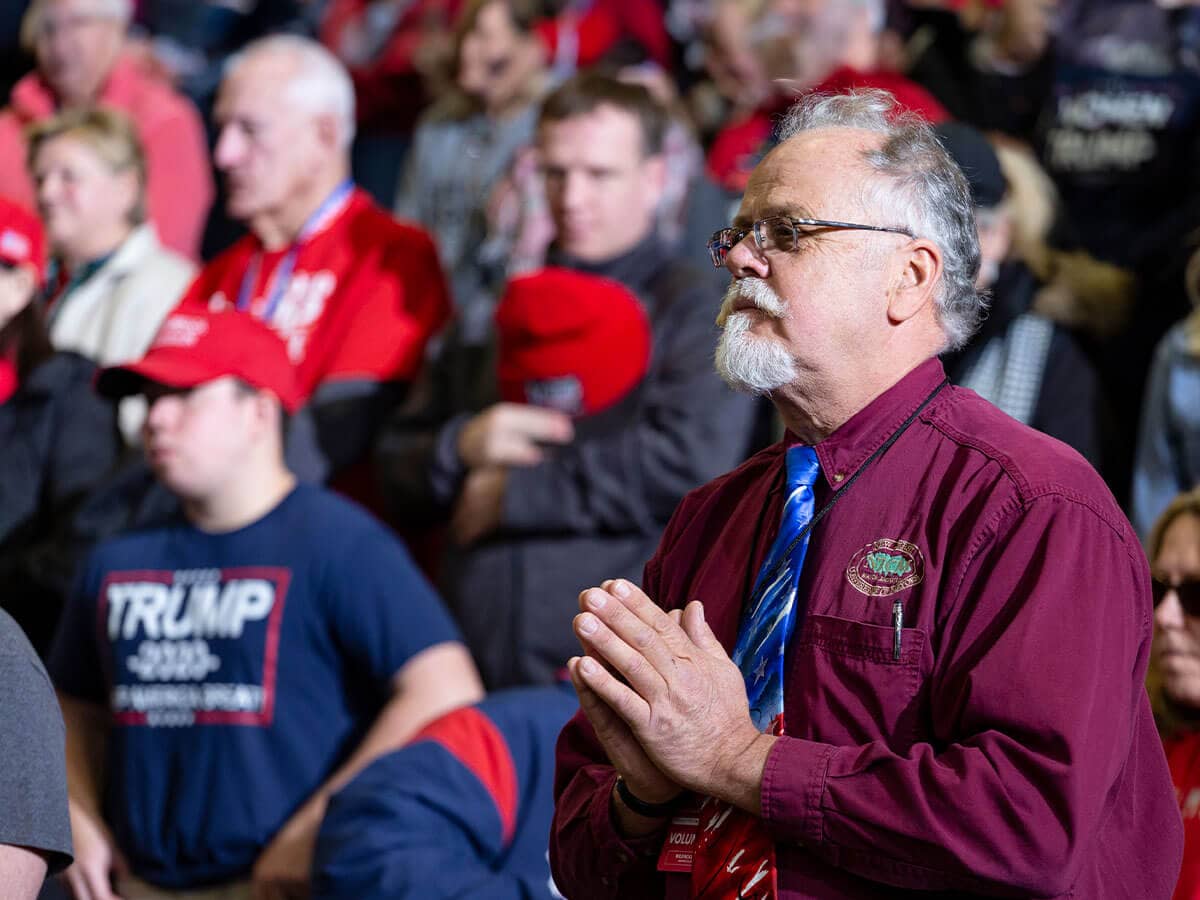Researchers--raising the hopes of clergy everywhere--say there are millions of young people like her from all religious backgrounds. The goal of this up-and-coming generation, the theory goes, is to be good. "When my friends were kids, they went to church because they had to," said the 17-year-old Gonzales, among the thousands of Catholics set to travel to Toronto next week to see Pope John Paul II at World Youth Day. "Now, most of my friends are involved because they want to be." Gonzales is part of the generation dubbed "millennials," children born starting in 1982, who researchers believe are more spiritual and less individualistic than their mostly baby-boomer parents. Neil Howe and William Strauss, authors of the book "Millennials Rising," say these young people also prefer group activities and want clear rules set for them - a combination that seemingly guarantees they will be sitting in the pews as adults. Some theologians have expressed concern that such generalizations will lead to ministries that market spirituality merely as an activity. But many religious thinkers who follow youth trends agree with the findings, and have urged churches to do more to ensure the millennials fulfill their religious potential. "I think it's a great opportunity, if churches pay attention to it," said Kenda Creasy Dean, a professor of youth, church and culture at the Princeton Theological Seminary, a Presbyterian school in New Jersey. Creasy Dean sees the change as a predictable cultural shift that follows a pattern in which young people reject the beliefs held by the generation before them. "Whatever parents think is cool, kids rebel by saying it's not cool," she said. "Parents are trying to be very open and let kids make their own choices. Kids are saying, `Relativity isn't what it's cracked up to be because everything in my life is shifting sand."' The Rev. Christopher Robinson, a Catholic priest and professor at DePaul University in Chicago, said religious rituals - what he calls "chanting and smells and bells" - are attractive to the millennials. That is because they come from homes that rejected tradition, and the practices are new to them, he said. Robinson recently conducted a service for young people centered on chanting, lighting candles and praying individually and as a group. "The idea was that they would be able to be together but have a one-on-one with God," he said. "They stayed 45 minutes longer than expected."
Creasy Dean said some of her students occasionally attend services at an Eastern Orthodox church, even though they belong to other religions, because they enjoy the elaborate rituals. In fact, Eastern Orthodox congregations have been among the more successful in attracting millennials, she said.
John Beacham, 17, a Catholic from Spokane, Wash., said rituals make him feel part of the history of the church. "It's old. It's cool. This is the same stuff they've been doing for years," Beacham said.
Even with the crisis over priests who molested children, the Catholic Church is also well positioned to attract young people, Howe said. "Pope John Paul II, what he's done with the church has been toward emphasizing that there are specific duties and actions which are incumbent on every Catholic believer to be a good Catholic. What's interesting is how that resonates with kids," Howe said. "These are kids who want to know what they're supposed to do."
Yet adapting youth ministry to reach millennials is not simple, Robinson said. Many of the church programs are being run by adults who swore off traditional practices during the rebellions of their own youth, he said. "Baby boomers don't want to look like they're going backward," Robinson said.
And some denominations are playing catch-up after years of viewing youth ministries as little more than social clubs. For these congregations, the 1999 massacre at Columbine High School in Colorado was a wake-up call, Creasy Dean said. "People who hadn't read anything printed about youth in 20 years suddenly were reading it as if it were just printed yesterday," she said. "It forced this realization that theology matters in kids' lives."
Jimmy Creegan, a 17-year-old from Damascus, Md., said he agrees with the research on his generation. A Catholic, he said it was not unusual to hear talk of religion in the hallways of his public high school. "It's an open forum," he said. "My friends - even the ones that seem like they're anti-establishment, they like breaking the rules and going against the norm--you ask them, 'Do you believe in God?' Most of them say, 'Oh yeah.'"

